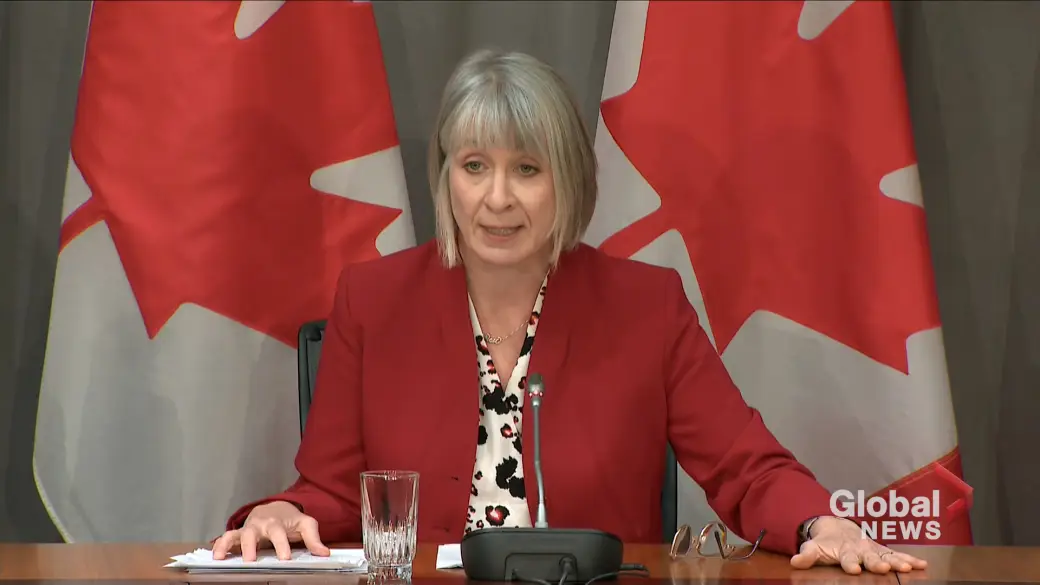Organized sports
are often seen as a solution to many of the health problems faced by Indigenous peoples. There are many benefits to participating in sports, but overstating these benefits risks obscuring the systemic challenges people face as they seek to develop their own vision of health.
Although research suggests
that promoting sport and physical activity among youth is essential to improving health outcomes, the relationship between sport participation and health in Indigenous communities is less straightforward.
For example.
a recent literature review by the National Indigenous Health Collaborative Center highlights important policy issues. That is, even though Indigenous young people are more physically active than non-Indigenous young people, they themselves report poorer health. This shows why using sport participation as a precursor to policies to positively impact health is problematic.
Sports
has historically failed to address the systemic issues plaguing Indigenous peoples and their communities. Addressing these serious issues requires a more comprehensive and culturally informed approach to sports policy.
National sports policy
National sports policy is important because it guides how and why the federal government invests in sports. Canada's first sports policy, the Fitness and Amateur Sports Encouragement Act, was enacted in 1961. This legislation primarily included cost-sharing agreements with states and territories to encourage people to participate in fitness and athletic competitions. After that, the federal government began to focus more and more on high-performance sports. Since the 1970s, billions of dollars have been invested in athletes to win gold, silver and bronze medals. As if the award would encourage people to be physically active. The overall spirit of these guidelines is expressed in the phrase "from the arena to the podium," which aptly summarizes the scope and goals of most of the guidelines.
A new national sports policy is on the horizon, and with it comes new conversations about the relationship between health and sport in Canada. The consultation report that forms the basis of the new policy calls sport "an integral part of Canada's health and culture," and includes quotes throughout that describe sport as a form of health care.
Sports and health
The relationship between sport participation and national policy making is ancient and rooted in the commonly held belief that encouraging young people to participate in sport will definitely lead to improved health outcomes. For example, the first goal of Canada's 2002 sport policy was to significantly increase the number of Canadians who play sport, stating that participation in sport would lead to "healthier, longer and more productive lives." We will contribute to this.” Canada's Sport Policy 2012 continues to emphasize the positive health benefits of physical activity.
Exercise
"promotes personal development, provides enjoyment and relaxation, reduces stress, improves physical and mental health, fitness and overall well-being, and allows us to do this." “Live a more productive and rewarding life.”
The 2012 policy clearly meant health in the broadest sense.
These were big claims considering only 34 per cent of Canadians participated in any organized sport in 2012. By 2023, that number had risen to nearly 50%. This was primarily driven by return-to-competition efforts following the COVID-19 pandemic, but rising costs of living could reverse this trend.
Regarding Indigenous peoples.
there are no official surveys in Canada that track Indigenous participation in sports. This means that the assumption that sport promotes health in Indigenous peoples may not apply to many First Nations, Métis, and Inuit populations. It also means that sport policies may be exacerbating, rather than addressing, existing health inequalities.


You must be logged in to post a comment.